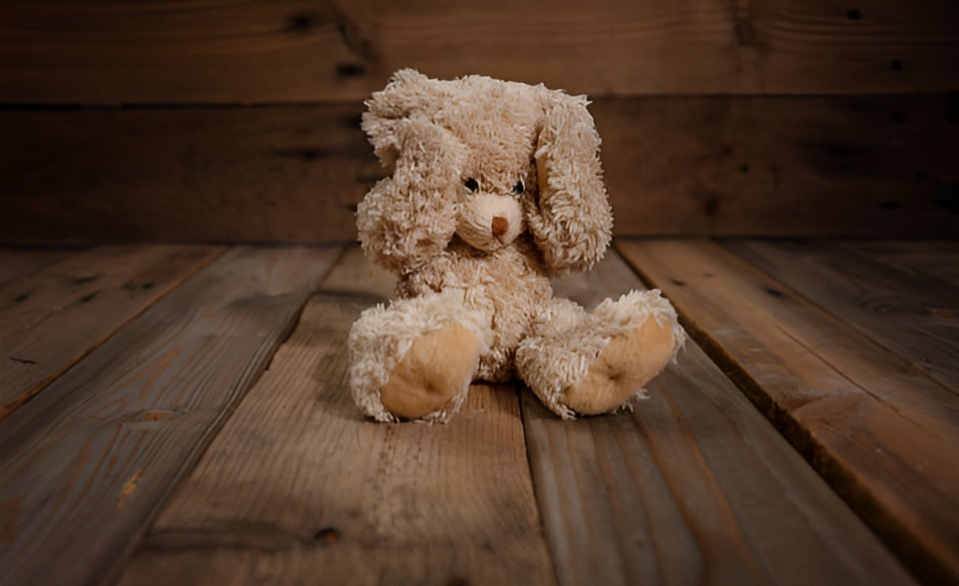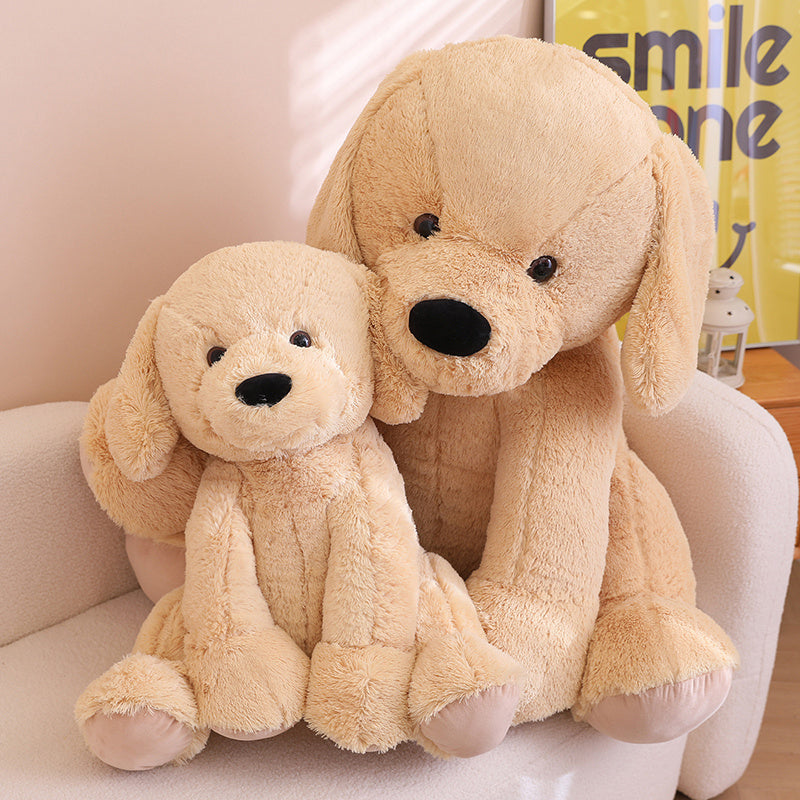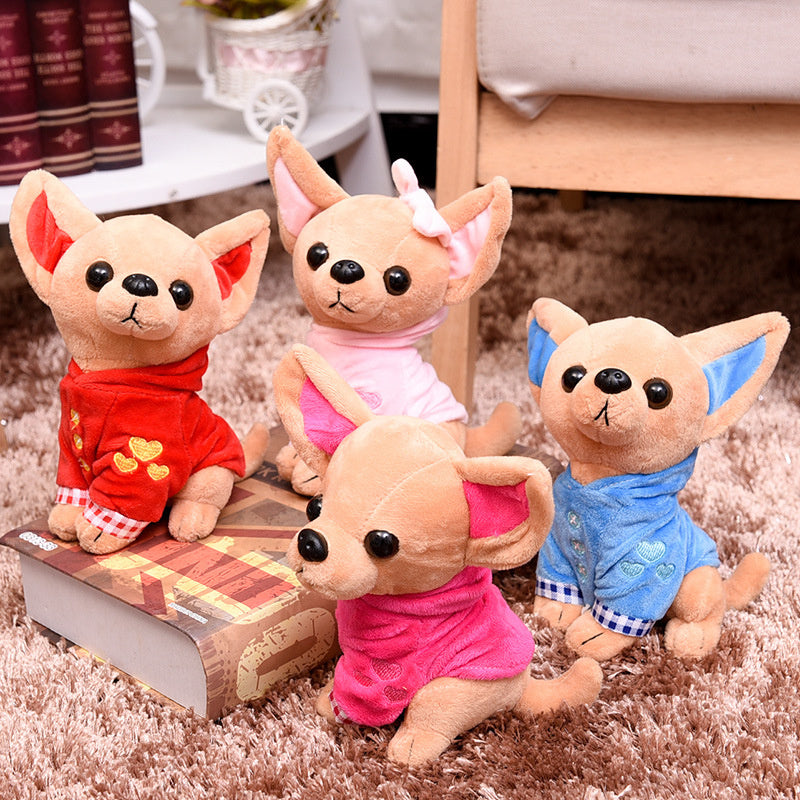

· By The Wakaii Team
Do Plushies Have Feelings? Exploring Our Emotional Bonds with Plushies
Hey there! Today, we're diving into a question that might seem a bit out there, but trust me, it's a fun one: Do stuffed animals have feelings?
Now, before you raise an eyebrow, let me clarify. We're not about to claim that your plushie is secretly sobbing when you leave the room.
In fact, let's be clear: stuffed animals, being inanimate objects, don't have feelings in the way living creatures do.
But here's where it gets interesting. There's something about these fluffy companions that sparks real emotions in us humans, and even our pets.
So, let's unpack this, shall we?
The Perception of Feelings in Plushies
We've all been there. As kids, we'd chat away with our plushies, host tea parties for them, and even scold them when they were 'naughty'.
It's a universal experience - attributing feelings and personalities to our plush pals.
This is known as anthropomorphism, a big word that simply means we humans have a knack for seeing human-like traits in non-human entities.
It's why we think our car is stubborn when it won't start, or that the weather is out to get us when it rains on a picnic day.
And it's why your child's face lights up when they see their favorite plushie - to them, it's not just fabric and stuffing, it's a friend.

The Emotional Impact of Plushies
Stuffed animals, plushies, teddies - whatever you call them, they're more than just toys.
They're a source of comfort, companionship, and joy for kids.
They're the silent confidants to a child's hopes and fears, the non-judgmental listeners that make the world a little less scary.
And it's not just kids. Many adults have a soft spot for their childhood plushies or find comfort in new ones.
There's something about hugging a soft, cuddly plushie that just makes you feel better, right? It's like a warm, fuzzy feeling that wraps around you, making the world seem a little bit kinder.
Now, you might be thinking, "That's all well and good, but these are our feelings. The plushies aren't really feeling anything, right?"
Well, that's where things get interesting. Stick around as we delve into the science behind our emotional bond with these inanimate objects.

The Science of Feelings and Plushies
Believe it or not, there's a whole lot of science behind our love for plushies.
When we hug a plushie, our brains release oxytocin, often known as the 'cuddle hormone'.
This hormone is associated with feelings of relaxation, trust, and psychological stability. So, in a way, hugging your plushie is a form of self-care!
And then there's the concept of transitional objects in psychology.
This term was coined by pediatrician and psychoanalyst D.W. Winnicott in the mid-20th century.
A transitional object, like a teddy bear, serves as a bridge between the child and the world. It helps the child navigate their growing independence, providing a sense of security and comfort.
So, while your plushie might not have feelings in the way we understand them, the feelings they evoke in us are very real and very important.
But what about our pets? Do they think their stuffed toys have feelings? Let's find out in the next section!
Pets and Their Plushies
Ever noticed how your dog seems to have a favorite stuffed toy? Or how they might 'mother' their plushie, carrying it around gently and even 'grooming' it?
It's not just adorable, it's also fascinating.
While we can't know for sure what goes on in our pets' minds, their behavior suggests that they might perceive their stuffed toys as more than just playthings.
Some dogs, for instance, might treat their plushies like prey, shaking and 'killing' them - a throwback to their hunting instincts.
Others might treat them more like companions or even 'puppies', especially breeds with strong nurturing instincts.
Cats, too, can form attachments to stuffed animals. They might carry them around, 'hunt' them, or even cuddle with them during nap time.
It's a reminder that our pets, much like us, are capable of complex emotions and behaviors.

The Philosophy of Feelings in Inanimate Objects
Now, let's take a step back and look at the bigger picture.
The question of whether inanimate objects, like plushies, can have feelings is not just a fun thought experiment - it's a topic that philosophers have pondered for centuries.
In the realm of philosophy, this falls under the study of consciousness and the nature of existence.
Some philosophers argue that consciousness - and therefore feelings - is exclusive to living beings.
Others propose more inclusive theories, suggesting that even non-living entities could have some form of consciousness or 'experience'.
While we're not about to solve this philosophical debate in a blog post, it's an interesting perspective to consider.
It reminds us that the question of 'feelings' in stuffed animals is not just about the toys themselves, but about our understanding of emotions, consciousness, and the nature of life itself.
Conclusion
So, do plushies have feelings? Well, not in the way we humans do.
But the feelings they evoke in us and our pets? Those are as real as it gets.
Plushies are more than just cute and cuddly toys. They're companions, confidants, and sources of comfort. They're tools for learning and growth, for both children and adults.
Whether it's your child's favorite teddy bear, your dog's cherished pet toy, or that stuffed animal you've kept since childhood, these inanimate objects hold a special place in our hearts.
Now, we'd love to hear your thoughts on this! Do you have a cherished plushie? How has it impacted your life? Share your stories and thoughts in the comments below. We can't wait to hear from you!
If this conversation has inspired you to add a new plush pal to your life, why not check out our plushies collection? We've got a wide range of adorable plushies waiting to bring comfort and joy to your home.
And finally, if you want to stay updated on our latest posts and get exclusive deals, subscribe to our newsletter! As a thank you, we'll give you 15% off your next purchase
That's it for today, folks! Remember, life's a little better with a plushie by your side.
Until next time, keep spreading the plush love!
FAQs
Treating plushies like they have feelings is a common way of expressing care and empathy. Many people, especially children, develop strong emotional connections to their plush toys. It can also be a way to exercise imagination and create comforting companionship.
Yes, it's completely normal to be attached to a plushie. These cuddly companions often hold sentimental value and can provide comfort and security. Such attachments are not limited to children and can extend into adulthood as well.


